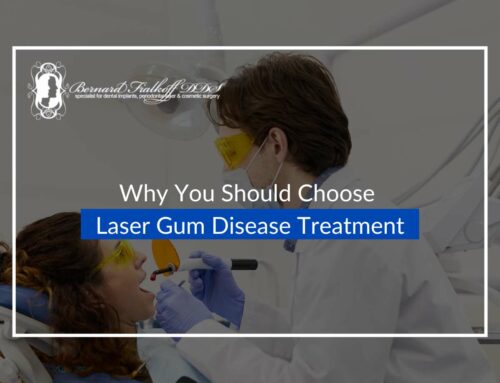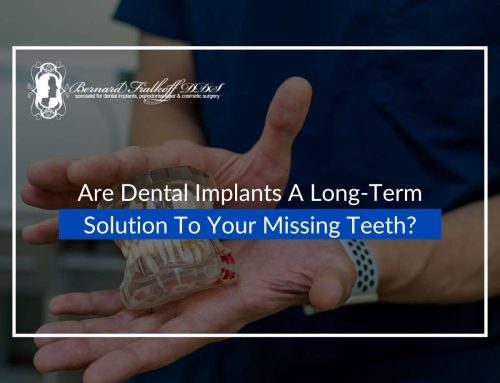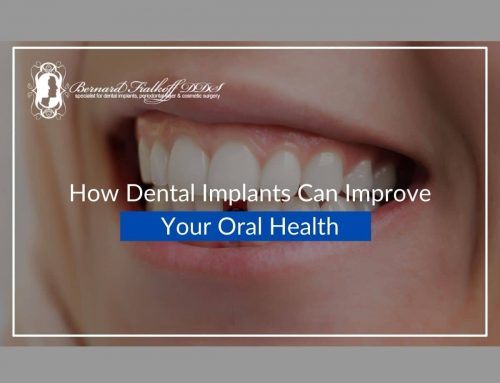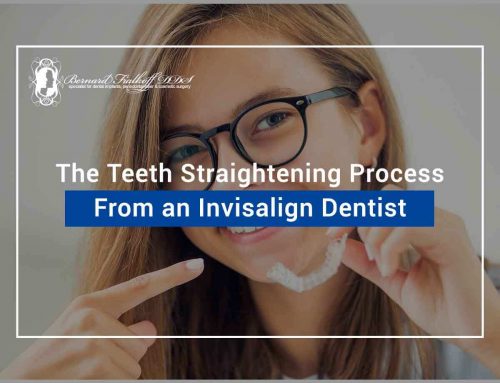When Is a Dental Implant Treatment Recommended For A Broken Tooth
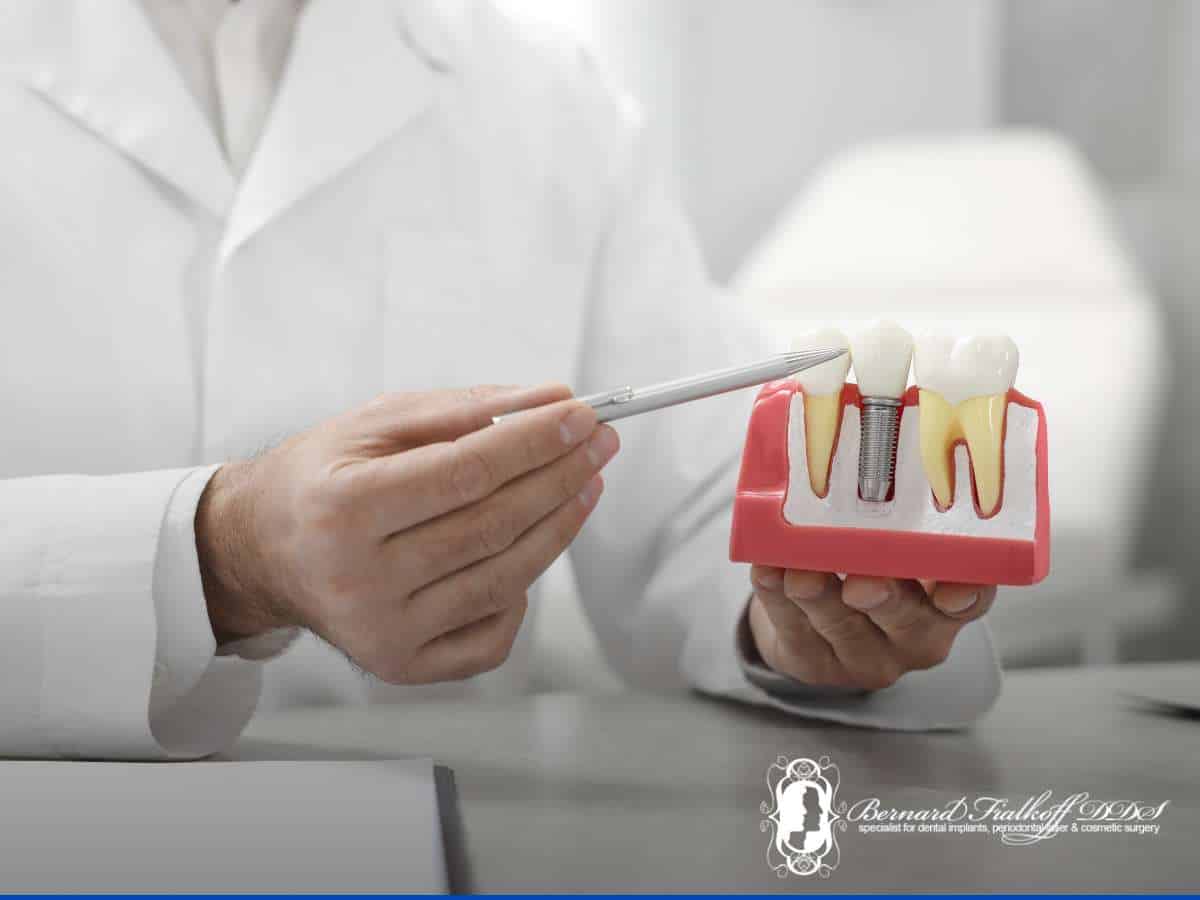
Dental Implants are one of the most popular solutions for replacing missing teeth and restoring dental health. But can they be used for broken teeth? We created this blog post to explore this question in-depth. This way, you’ll be able to understand if Bayside dental implants are the right solution.
What Causes Teeth Fractures?
Cracks can form as a result of clenching, grinding, or biting on hard things. Cracks might spread if not addressed soon. The natural tooth can no longer be preserved at a certain point.
Previous dental treatments might also cause tooth fracture and breaking, demanding the use of dental implants or root canals.
Broken Or Cracked?
Although incredibly strong, teeth are not unbreakable. Our teeth are exposed to a lot of pressure, which causes wear and tear. Small cracks can develop in teeth over time, and if left untreated, they may cause discomfort and more severe problems.
Get a dental examination if you have discomfort when biting or chewing, sensitivity to hot or cold beverages or foods, or pain that comes and goes.
Cracks in the teeth can penetrate the dentin, the inner portion of the tooth, causing pain. It may also cause infection. Cracks may extend into the pulp, which is located even deeper within the tooth. The pulp might be damaged to the point that it will not recover.
Why Do Fractures Require Implants?
Two situations, in particular, require the use of Bayside dental implants. One is a cracked tooth. This happens when a fracture travels from the crown of the tooth into the tooth’s root. Cracks that extend below the gum line usually need extraction of the tooth.
Vertical root fractures usually start at the base of the tooth and progress upward. They appear when the nearby gum and bone get inflamed. In most cases, teeth with vertical root fractures need to be removed and replaced with dental implants.
The best choice for replacing a badly broken tooth is a dental implant. Implants provide the same feel, appearance, and functionality as natural teeth. They offer the strongest, most long-lasting remedy for serious tooth or root fractures.
Types Of Dental Implants
There are two types of dental implants – endosteal and subperiosteal.
- Endosteal implants: They are inserted into the jawbone and covered with a crown to replace missing teeth.
- Subperiosteal implants: These are placed on top of the jawbone and secured with posts.

How To Get Dental Implants
Once you’ve decided to have dental implants, the process is simple. In an initial visit, the doctor will explain the process and start designing your implant. After that, the Bayside dentist will schedule the operation.
When your dental implant surgery day arrives, the dentist will get you set and ready for operation. You will get sedated throughout the treatment so you may sleep through it and emerge from it without experiencing any discomfort.
Then, the dentist will remove any residual material throughout the treatment. They will remove the nerve pulp with the tooth’s roots and the remaining crown. After that, they start inserting the dental implant into the opening. In the void, a tiny post—typically composed of titanium—replaces the root structure.
After finishing this, the dentist will tide you up and prepare to wake you up again. You’ll require transportation to travel home for the evening after you’re awake when the anesthetic wears off. After three or six months, your implant will be fully healed. But to do that, you’ll need a permanent crown on top of the post.
How To Get Dental Implants
Dental implants are generally suitable for broken teeth as long as the root is healthy. Endosteal implants work in cases where the root is healthy and the jawbone has enough thickness and density to retain them.
Subperiosteal implants, on the other hand, work great if the root is damaged or missing. Either way, your Bayside dentist will let you know about your best option.
That’s because they are placed on top of the jawbone with metal posts. These implants are then connected to a metal frame, which is secured onto the jawbone. This frame provides stability and holds the implant in place, allowing for a successful restoration of the broken tooth.
As you can see, dental implants are a safe and long lasting option suitable for broken teeth, but it’s always necessary to talk to your dentist first.
Contacting A 5-star Rated Dentist
Do you have more questions about dental implants? Dr. Bernard Fialkoff will be ready to help. Dr. Bernard Fialkoff offers many dental services to improve your dental health, including immediate Implants, full mouth implants, and bone grafting treatments. Contact us now for more information about our services!

Bayside Dentist – Dr. Bernard Fialkoff
56-03 214th Street,
Bayside, NY 11364.
Office Phone: 718-229-3838
Fax number: 718-229-1322

